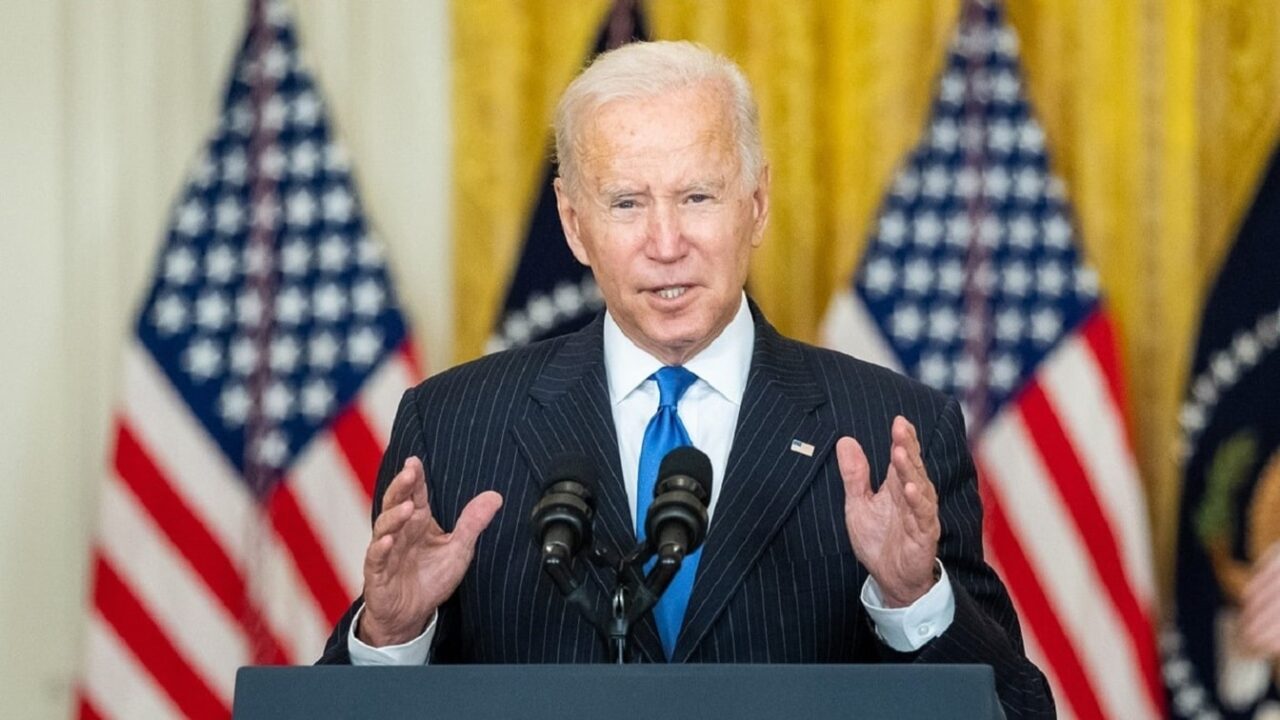Armenia has long been between a rock and a hard place. To both its east and west are countries that at best contest its borders and at worst deny its right to existence. For this reason, Armenians allowed Russia to base its 123rd Motor Rifle Regiment in Gyumri, about 75 miles northwest of the capital Yerevan, and just six miles from the Turkish border.
Base Function
I have been to the perimeter of the base, and it does not appear that the Russian forces do much; rather, they are essentially to be a trip wire. Put another way, Armenia’s ties to Russia have long been more of the brain than the heart. This is especially true after the 2018 Armenian Revolution expelled the country’s old guard and ushered in a new, more Western-leaning leadership. That is not to deny relations. Russia, like the United States, United Kingdom, and Iran, has a large Armenian diaspora. Armenia and Russia also share cultural and religious ties.
A Satellite State of Russia?
Some analysts, however, look at Armenia’s historic and continuing ties with Russia as reason to ostracize the country. Michael Doran, a scholar at the Hudson Institute and a former National Security Council staffer during President George W. Bush’s administration, has repeatedly stated, “Armenia is satellite of Russia.”
Adam Ereli, a former State Department spokesman whose lobbying clients include the Mujahedin-e-Khalq and various Turkish and Qatari concerns, earlier penned an essay calling Armenia “Putin’s Newest Satellite State.”
It is ridiculous to suggest that either Armenia or the self-declared Republic of Artsakh in Nagorno-Karabakh are Russian satrapies but, even if information about Russian penetration of Armenia a decade ago were true, Armenia 2023 is not the same as Armenia 2013. Even if those arguing that Armenia is a Russian satellite believe their own rhetoric, then the question becomes: Is the best way forward for American policy to ostracize Armenia or co-opt it?
Parallel with Cold War Egypt
Here, the Cold War offers some lessons.
President Dwight D. Eisenhower actively cultivated Egypt, rebutting NATO allies the United Kingdom and France, as well as Israel, to side with Egyptian President Gamal Abdul Nasser after the populist Egyptian leader nationalized the Suez Canal. Such obsequiousness to Nasser counted for little. In the years that followed, Nasser toadied up to Moscow, ultimately throwing the United States under the bus in favor of closer ties to the Soviet Union. Doran’s Ike’s Gamble is useful reading to understand Eisenhower’s Cold War calculations in the Middle East.
Ultimately, persistent and creative diplomacy won out, especially after a heart attack felled Nasser and Anwar Sadat rose to the presidency. Perhaps conservatives in the Nixon administration could have simply repeated, “Egypt is a satellite of the USSR” as a mantra. Certainly, such an attitude would have found favor among allies in Israel and the Hashemite Kingdom of Jordan, both of whom might have sponsored trips to celebrate the amplification of their antipathy toward Egypt. The Nixon administration did not want to settle for the status quo, however. Instead, Nixon’s team reached out to Sadat through quiet diplomacy, ultimately leading Sadat to expel Soviet military advisors and reorient Egypt more firmly in the West.
Armenia-Russia ties are today still warm, although increasingly less extensive than Azerbaijan’s ties with Russia. Still, as Russian President Vladimir Putin’s war in Ukraine shows the Russian Army to be more a paper tiger than a first world military, an opportunity exists to peel Armenia further away from Russia. Indeed, Pashinyan’s recent cancellation of the Russia-led Collective Security Treaty Organization’s flagship “Unbreakable Brotherhood” military exercises in Armenia signal a willingness to embrace great power neutrality, even if geographic reality means Armenia cannot break completely with Russia.
Will Armenia Turn to the West?
As a long-time chairman or ranking member of the Senate Foreign Relations Committee and then vice president, Biden has long seen himself as a master of foreign policy. Even if partisans dispute his record and judgment, Biden did enter the Oval Office with a greater familiarity with foreign policy than any president since George H.W. Bush.
While “bothsideism” so far dominates Biden’s approach to the Caucasus, a better diplomatic strategy might be cultivating and encouraging Armenia’s increasing tilt toward the West and cynicism toward Russia.
Biden could start by drawing a redline of Azerbaijan’s deliberate starvation of Nagorno-Karabakh Armenians. His administration might also calibrate pressure on Putin’s finances and trade to current reality rather than the patterns of the past. Just as Armenia has changed its orientation, so have Azerbaijan and Turkey, both of which profess Western orientation but increasingly are the weak links in efforts to pressure and coerce Russia financially and diplomatically.
Just as U.S. military advisors supplanted their Soviet counterparts in Egypt a half-century ago, perhaps the time is ripe to expand U.S. advising and cooperation with Armenia’s military. Military-to-military relations should go beyond the Kansas National Guard and center instead on the reactivated V Corps.
In Egypt, Sadat chose peace only after he realized he could not gain his objectives through war. It is time, through diplomacy or the provision of military assistance to Armenia, to send the same message to Aliyev. Regardless, whether with Armenia or, for that matter, Azerbaijan, the goal should not be to castigate but rather to coax and cajole away from Moscow and toward a more democratic, responsible Western-leaning future.
Now a 19FortyFive Contributing Editor, Dr. Michael Rubin is a Senior Fellow at the American Enterprise Institute (AEI). Dr. Rubin is the author, coauthor, and coeditor of several books exploring diplomacy, Iranian history, Arab culture, Kurdish studies, and Shi’ite politics, including “Seven Pillars: What Really Causes Instability in the Middle East?” (AEI Press, 2019); “Kurdistan Rising” (AEI Press, 2016); “Dancing with the Devil: The Perils of Engaging Rogue Regimes” (Encounter Books, 2014); and “Eternal Iran: Continuity and Chaos” (Palgrave, 2005).

